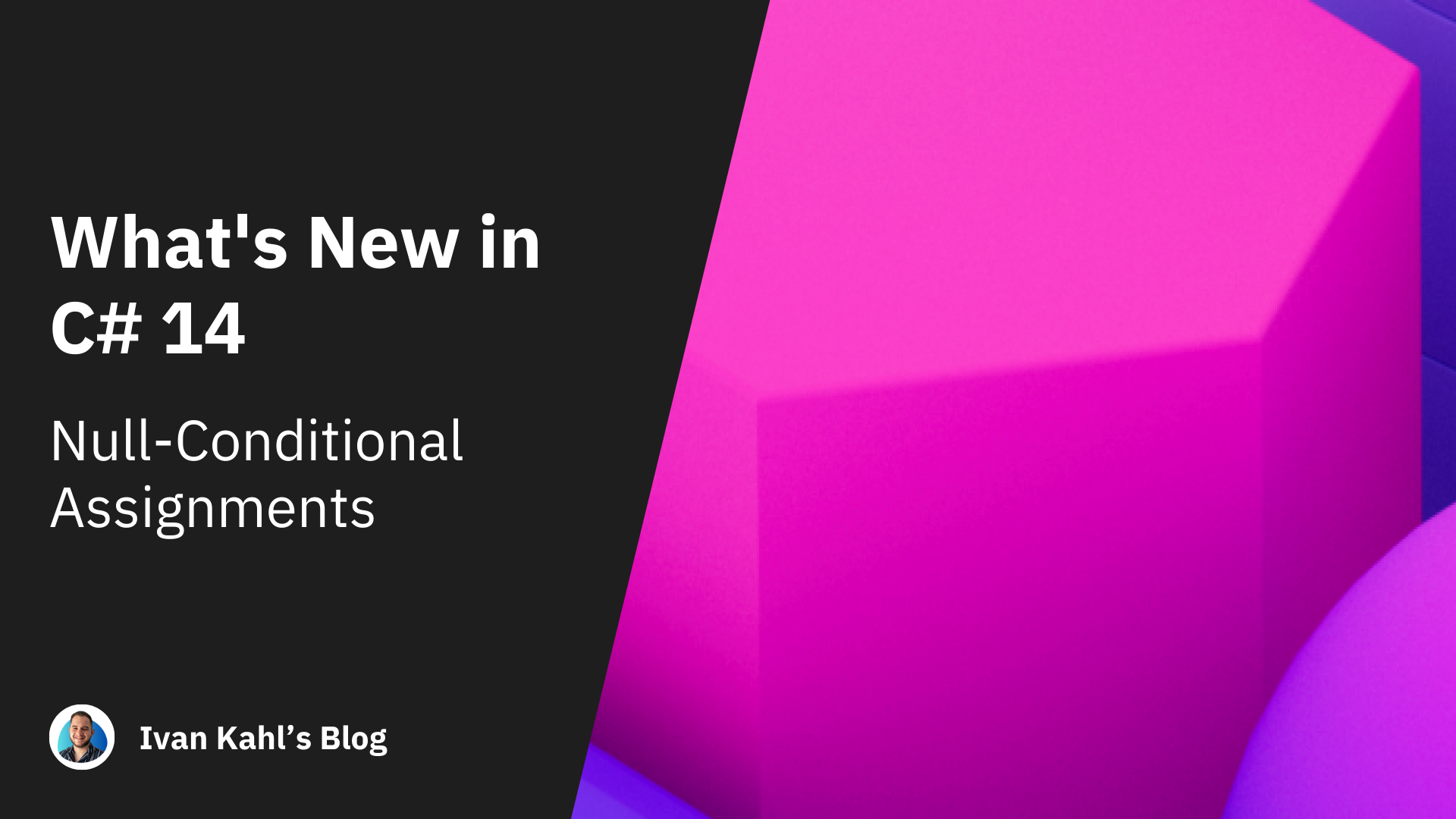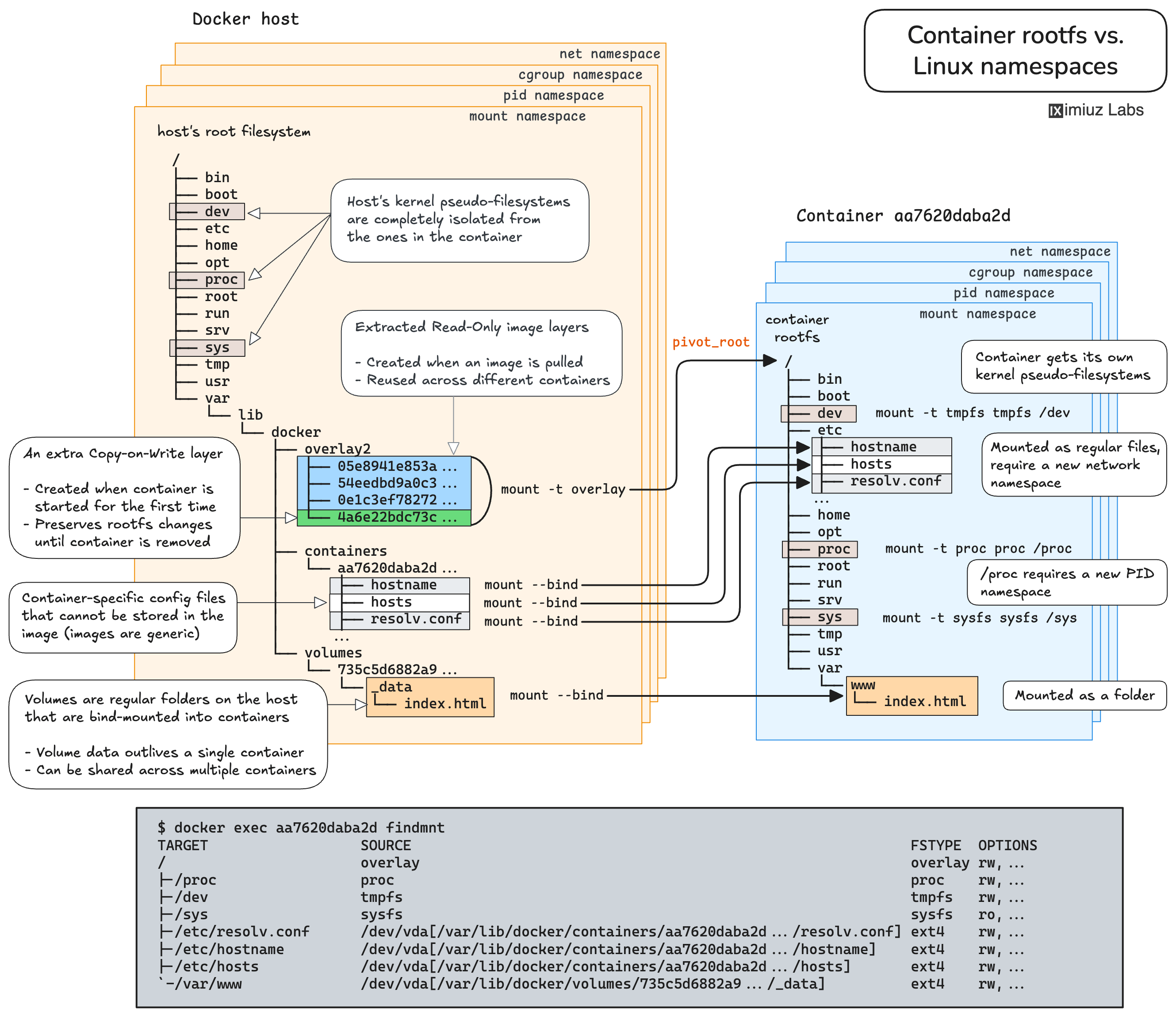Escaping YAML Hell: KSON, a Configuration Language Designed for Humans

Tired of the endless headaches of YAML configuration files? This article tells the story of a programmer's fall from YAML's sweet trap into a painful abyss, and introduces KSON—an open-source project dedicated to improving the configuration experience. KSON is compatible with JSON and YAML, and adds many human-friendly features such as tolerance for indentation errors and strong code editor support, aiming to make configuration a joy, not a nightmare.












